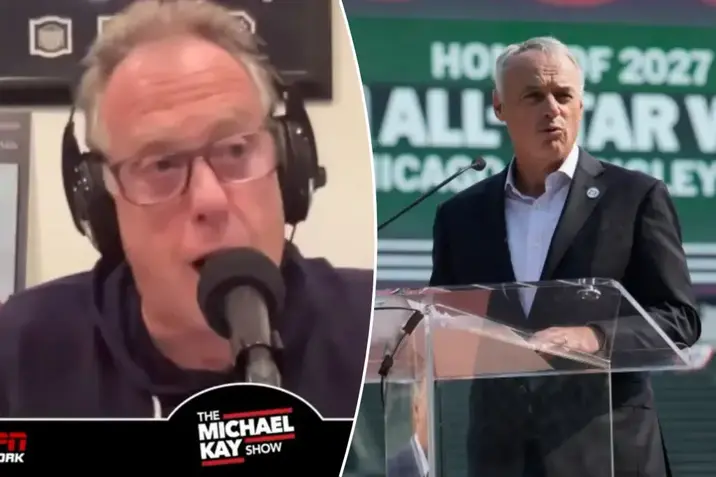T4K3.news
MLB expands and realigns
Two new teams in the Southeast could redefine the Braves division and travel.
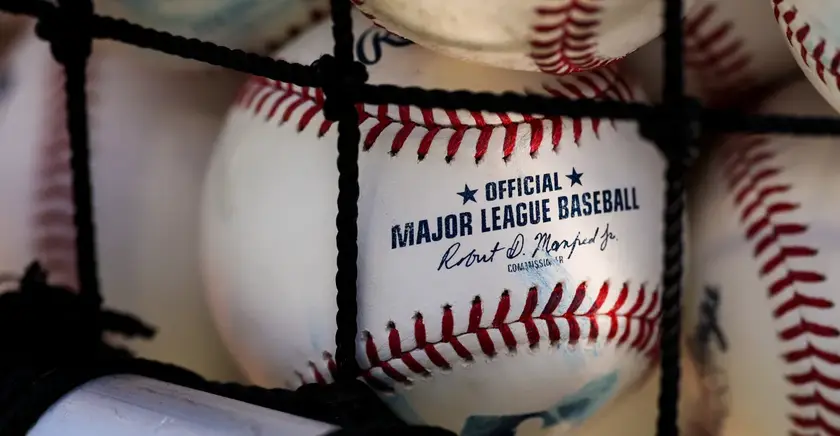
Expansion talks prompt a potential geographic layout that could affect the Braves and their regional rivals.
MLB Realignment Reshapes Braves Division
MLB Commissioner Rob Manfred signaled that expansion is back in play, with two new teams likely to enter the league. The last expansion was in 1998 with the Diamondbacks and Devil Rays, marking the longest stretch since the post 1961 expansion era began. As expansion moves forward, discussions have focused on eight divisions with four teams each designed to cut travel and possibly adjust playoff formats. The Braves footprint, known as Braves Country, has been linked to possible new homes in Nashville and Charlotte, with Raleigh-Durham, Orlando, Montreal, Vancouver and San Antonio among other mentioned options. Realignment would reframe how teams are grouped and how schedules and rivalries unfold.
The article outlines three geographic scenarios: two expansion teams in the Southeast, one expansion in the region, or no expansion in the Southeast. If Nashville and Charlotte join, a plausible division could be Charlotte-Atlanta-Tampa-Miami, while Nashville could align with Cincinnati, St. Louis and a Chicago club. If Raleigh-Durham is the expansion site, Atlanta and Tampa might share a division with Miami, while Raleigh-Durham could pair with Washington, Baltimore and possibly Philadelphia or Pittsburgh. If the Florida pair lands outside the Southeast, divisions could shift to new regional groupings that alter long-standing rivalries.
Key Takeaways
"Expansion reshapes the map and the Braves' regional anchor"
Geographic and identity implications
"The decision will test whether old rivalries survive new routes"
Rivalries and scheduling
"Nashville and Charlotte would become fresh neighbors in the Southeast"
Candidate cities
"Fans will judge the league by the clarity of the schedule and the cost of travel"
Fan perspective
The debate is not just about which cities host new teams. It is about what fans value: shorter trips and clearer regional rivalries. Realigning to eight four-team divisions would change schedules and playoff timing, with travel savings a potential outcome but not guaranteed. The Braves, as a Southeast anchor, would see new neighbors that could reshape traditional rivalries and the regional identity many fans feel.
The decisions will depend on ownership votes, city incentives, and how the league balances competitive equity with market demands. Realignment could redefine rivalries, affect TV markets, and test the patience of fans who are attached to the current map. In the end, the Braves' place on the map will reflect broader questions about how modern sports leagues trade tradition for efficiency.
Highlights
- The map is changing but Braves fans want clarity
- Realignment tests the balance between tradition and efficiency
- Two new neighbors could redraw Braves Country
- Fans will watch how playoff formats shift with new divisions
Budget and political risk in MLB expansion
Expansion involves costs for new franchises, incentives, and potential political pushback from cities and existing clubs. Realignment decisions could provoke fan backlash if rivalries change or travel costs rise. Public reaction and investor interest add layers of uncertainty to the plan.
The map remains unsettled as cities weigh the costs and gains of a new chapter in Major League Baseball.
Enjoyed this? Let your friends know!
Related News

MLB expansion could realign the map
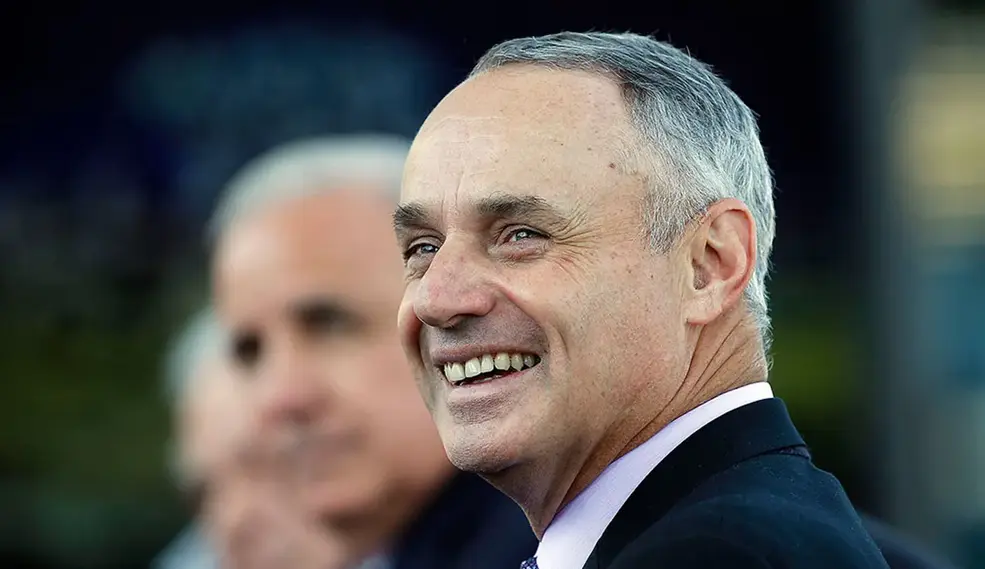
MLB expansion may trigger division realignment
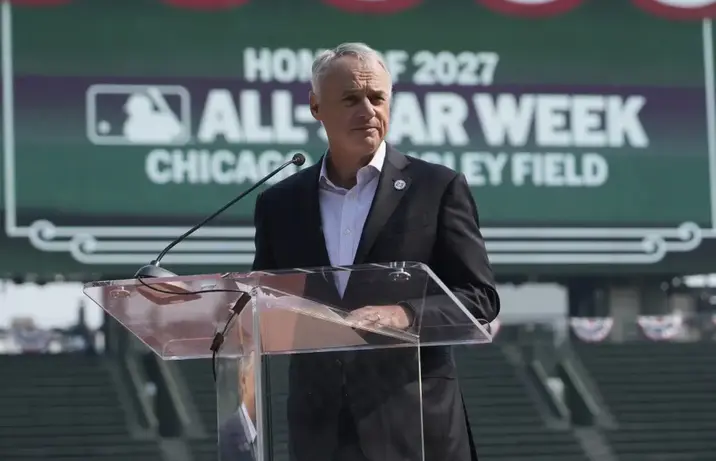
MLB maps new divisions to cut travel
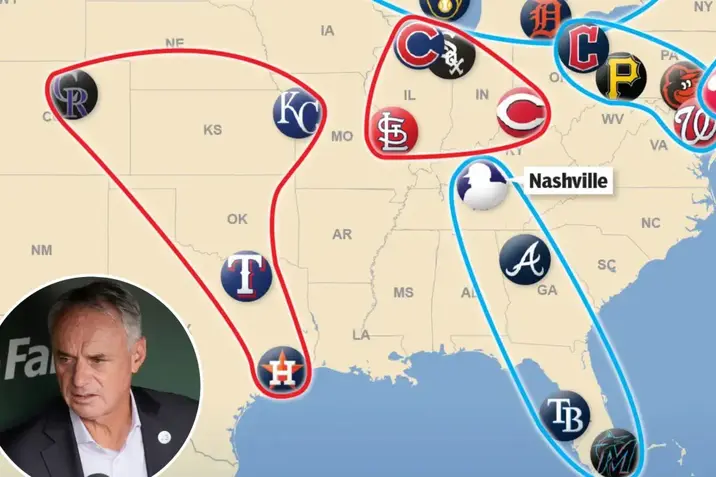
MLB realignment plan draws backlash

MLB expansion realignment headlines

Mets focus on season amid MLB realignment chatter

Cameron Maybin opposes MLB realignment shakeups
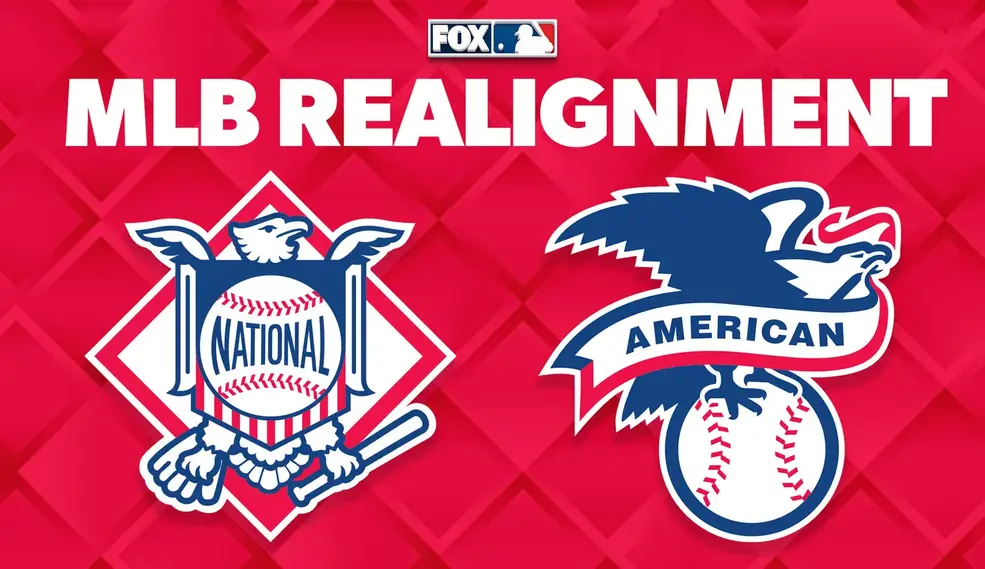
MLB considers eight-division realignment
